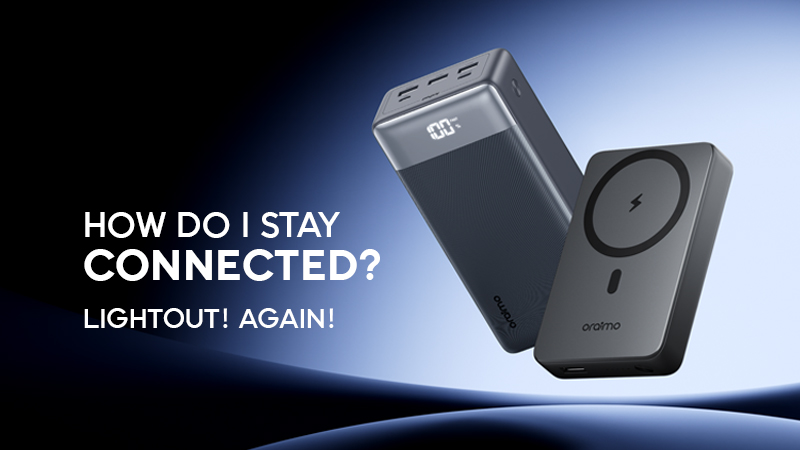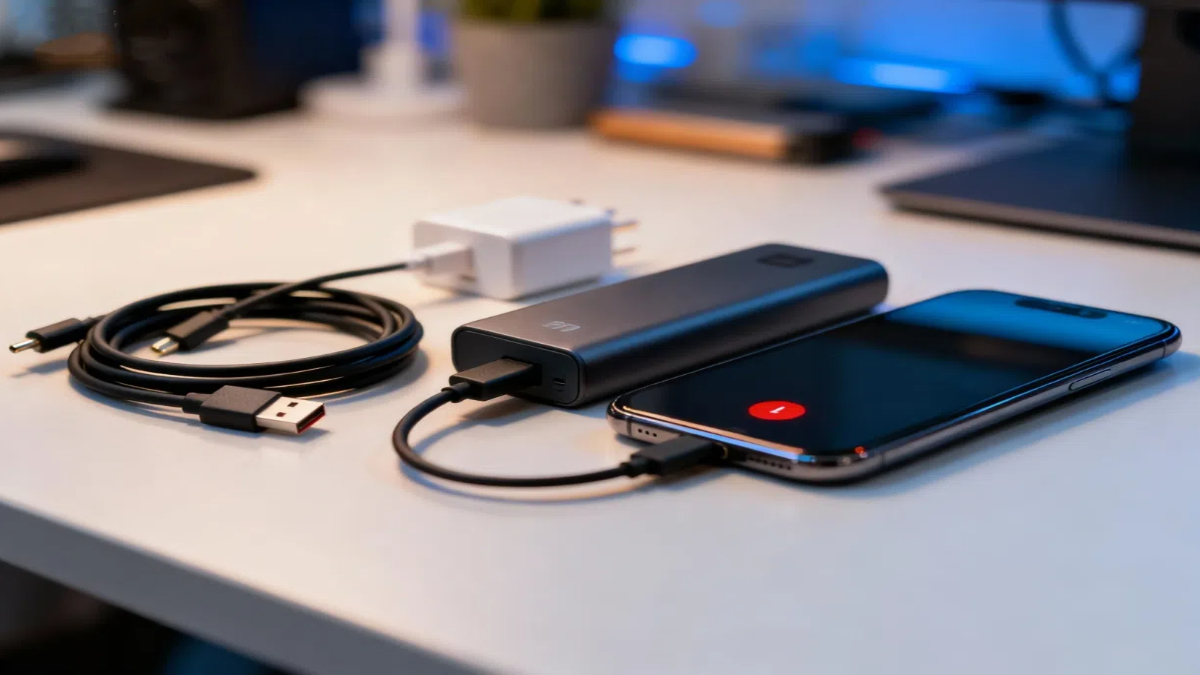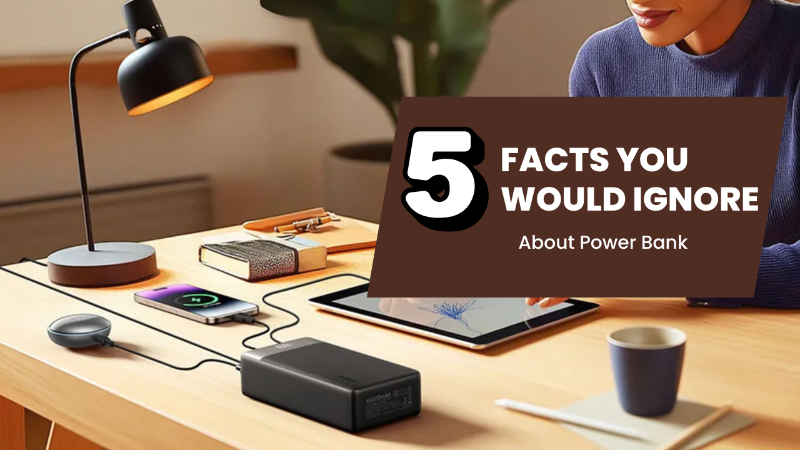


 Expires on {{ vipExpires }}
Expires on {{ vipExpires }}
 Expires on {{ vipExpires }}
Expires on {{ vipExpires }}
Light out again! If you live in Nigeria, this phrase is certainly nothing new. From intermittent national grid power outages to local transformer faults that take days to repair, the problem affects all states in Nigeria. Sadly, it affects everything , including work, learning, business, entertainment, and security.
As frustrating as this is, we can't afford to stay disconnected from the electricity supply. That’s why , in this article, we’re sharing what has worked for us when the power goes out in Nigeria. From small daily habits to tools like portable power banks , these are things we truly rely on. So, if you’re tired of the constant light out and watching your phone die every time there's a power outage, keep reading.

Stay Connected during Light Out in Nigeria
How many times have you been caught off guard when the lights suddenly go out? For many Nigerians, this is just part of daily life.
Sometimes, you may be in the middle of an important phone call , and the next minute , there's light out. At other times, you may be sending a job proposal or streaming a class , and your laptop shuts down.
I’ve had experiences where my phone was on 5%, the light had just gone, and I was expecting a business call. You know the tension that comes with such a precarious situation. The impact goes beyond inconvenience. It limits your productivity and messes seriously with your peace of mind.
Meanwhile, for students, it’s even far worse. Studying for an examination , and suddenly , the light goes? You can’t access online materials because of low battery. Even teachers and freelancers like me feel it severely.
Therefore, staying connected during blackouts is no longer a luxury but a necessity.
Over the years, we’ve all found ways to adapt to the situation. Although some of them are not perfect, they help us stay afloat.
Here are some common methods many Nigerians use:
It ’ s common for people to wait until they get to work to charge their phones, power banks, or even laptops. Offices usually have more stable power, so devices get plugged in the moment people arrive.
On the road, car chargers are a lifesaver—especially during long commutes in traffic, which is a regular part of life in cities like Lagos and Abuja.
Across Nigeria, especially in urban areas, small charging kiosks offer paid charging services. For a small fee, you can charge phones, power banks, and even laptop batteries. These kiosks are often powered by fuel generators.
In residential areas, it's also common for households or compounds to run generators during long outages, providing a short window to power up essential devices.
With fuel prices going up and light still not steady, a lot of people now use small solar kits. They’re great for basics , like charging your phone, turning on a bulb, or running a small fan at night. It’s not for big appliances, but it really helps when there’s no light for hours, especially in rural areas.
When NEPA takes light, you won ’ t be left behind if you have a power bank. Nigerians everywhere carry power banks to keep their phones charged — whether you ’ re in the office, stuck in traffic, or just waiting for the power to come back.
With power disruption happening all the time, I always keep a power bank close. For me, oraimo’s PowerJet 130 has been a game changer. With a robust capacity of 27600mAh, i t charges my phone up to six times, powers my laptop, and has a smart display , so I know exactly how much power I’ve got left. With three output ports ( 2 USB-C and 1 USB-A), I can charge multiple devices at once.
Whether I’m home or on the move, it’s helped me stay connected without worrying when NEPA takes light.

oraimo’s PowerJet 130 with Massive Capacity
Beyond power banks, there are some other things you can do to preserve your battery life and stay online. These, we will share with you here:
· Use Low-Power Mode: Always turn on battery - saver mode. It reduces background activities.
· Dual SIM or Data Backup: If one network fails, just switch to the other. It saves the stress of being offline.
· Offline Downloads: Videos, music, eBooks — downloading them in advance means less internet use and less battery drain during light out.
· Power Survival Kit: A small torchlight, spare USB cable, and your full charger can go a long way. You never know when you’ll need them.
· Wait for Power to Update : Big downloads and app updates? Best to do them when there’s steady light. No need to waste battery.
These steps may seem insignificant, but they add up. Overall, planning ahead ensures you won’t be caught off guard.
Truth is, power cuts are part of daily life in Nigeria—but that doesn’t mean they have to stop you. With the right habits and tools , such as a reliable power bank like O raimo power bank 20000mAh, staying connected becomes stress-free.
No more rushing to charge or worrying when NEPA takes light. Just charge ahead of time, stay ready, and keep going. It’s all about choosing smart, lasting solutions.
Why not visit oraimo today? Find a reliable backup today and say good bye to being disconnected due to constant light out .
Depending on the model, you can get multiple charges. For instance, the oraimo PowerJet 130 can charge the Mi 13 up to 6 times, the Galaxy S23 6.5 times, and the iPhone 15 pro 7 times.
Turn on low-power mode, reduce screen brightness, close unused apps, and avoid video streaming.
Some are safe, but you must be cautious. Use a surge protector and avoid overnight charging there.
Yes, but solar chargers are mostly slow. They work best for torches and small phones. Use them only when other options are not available.


